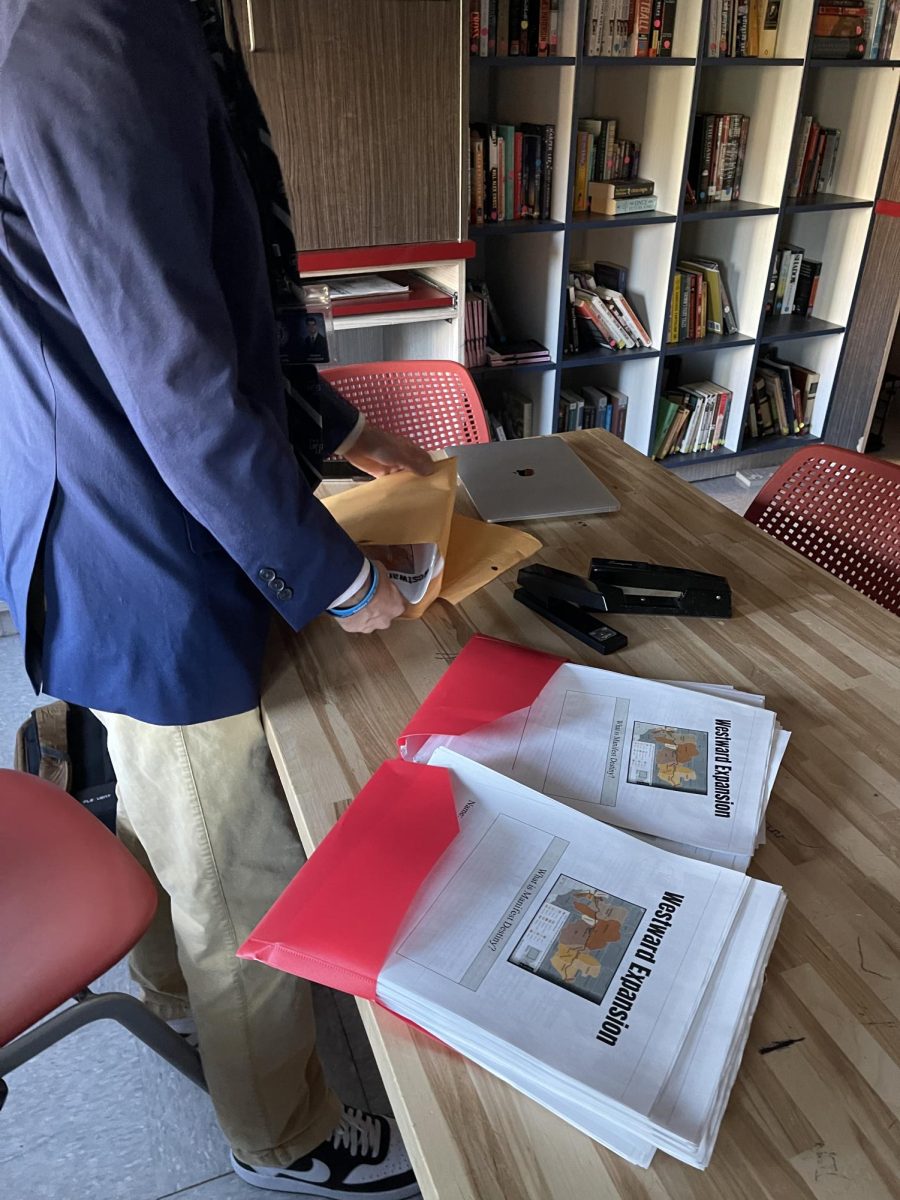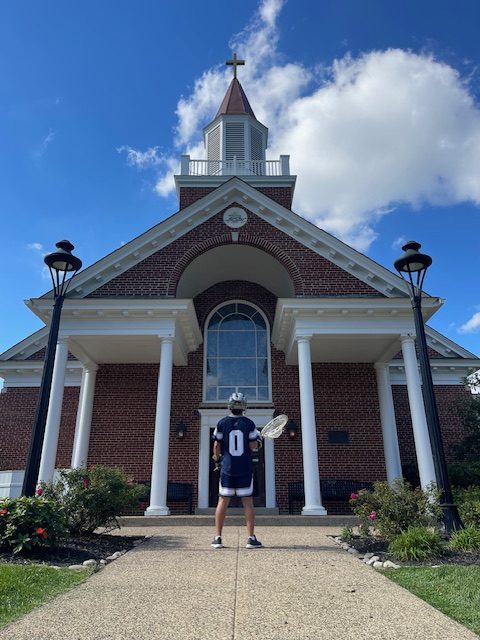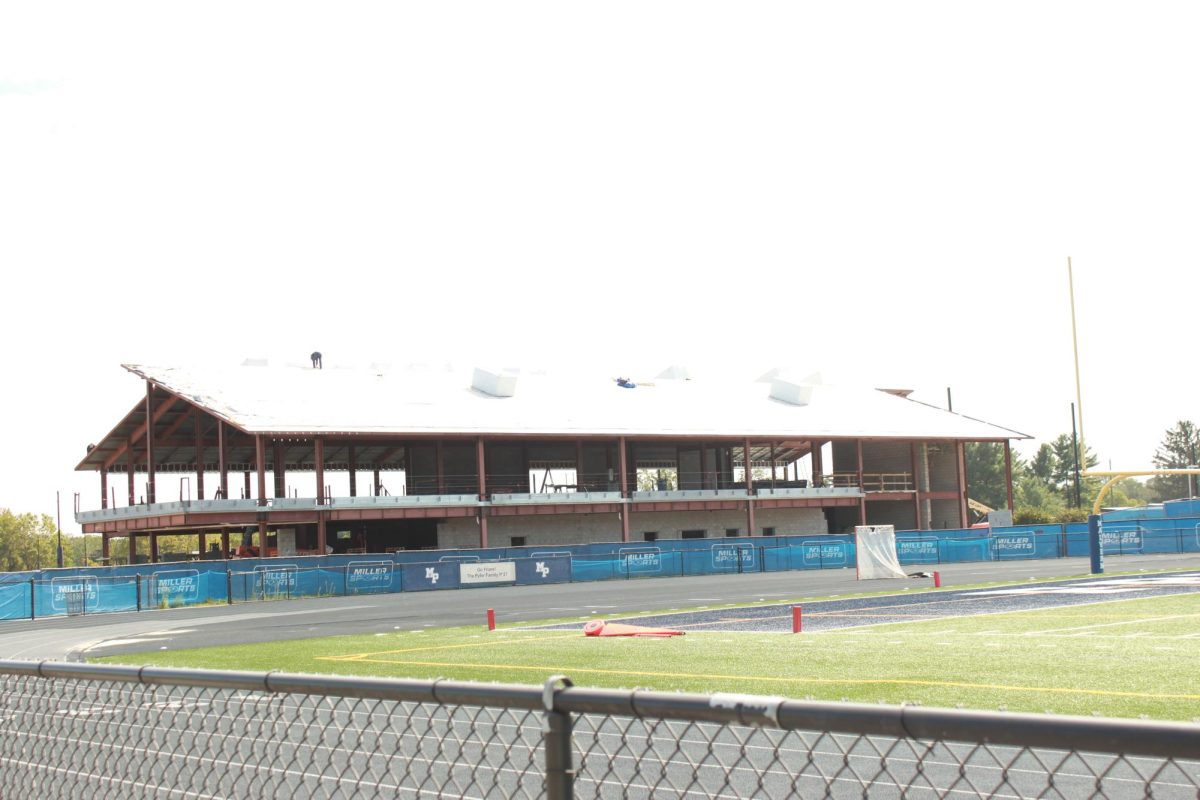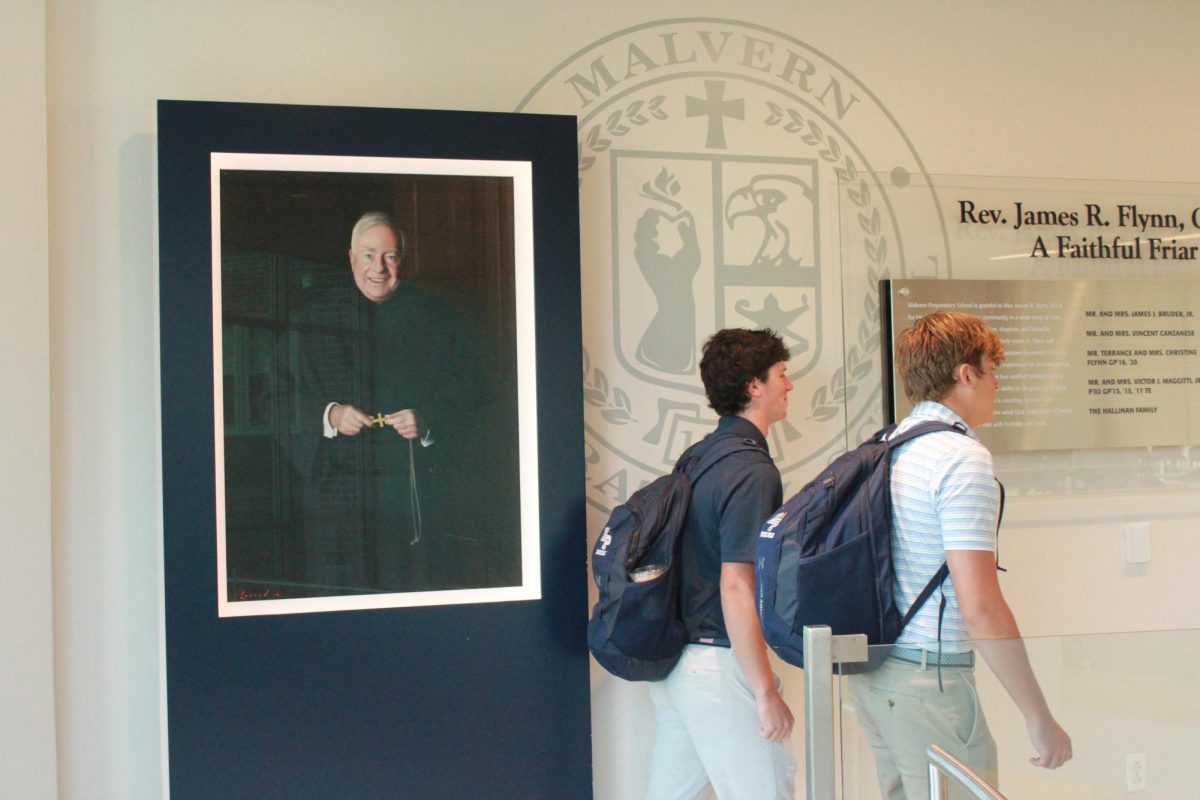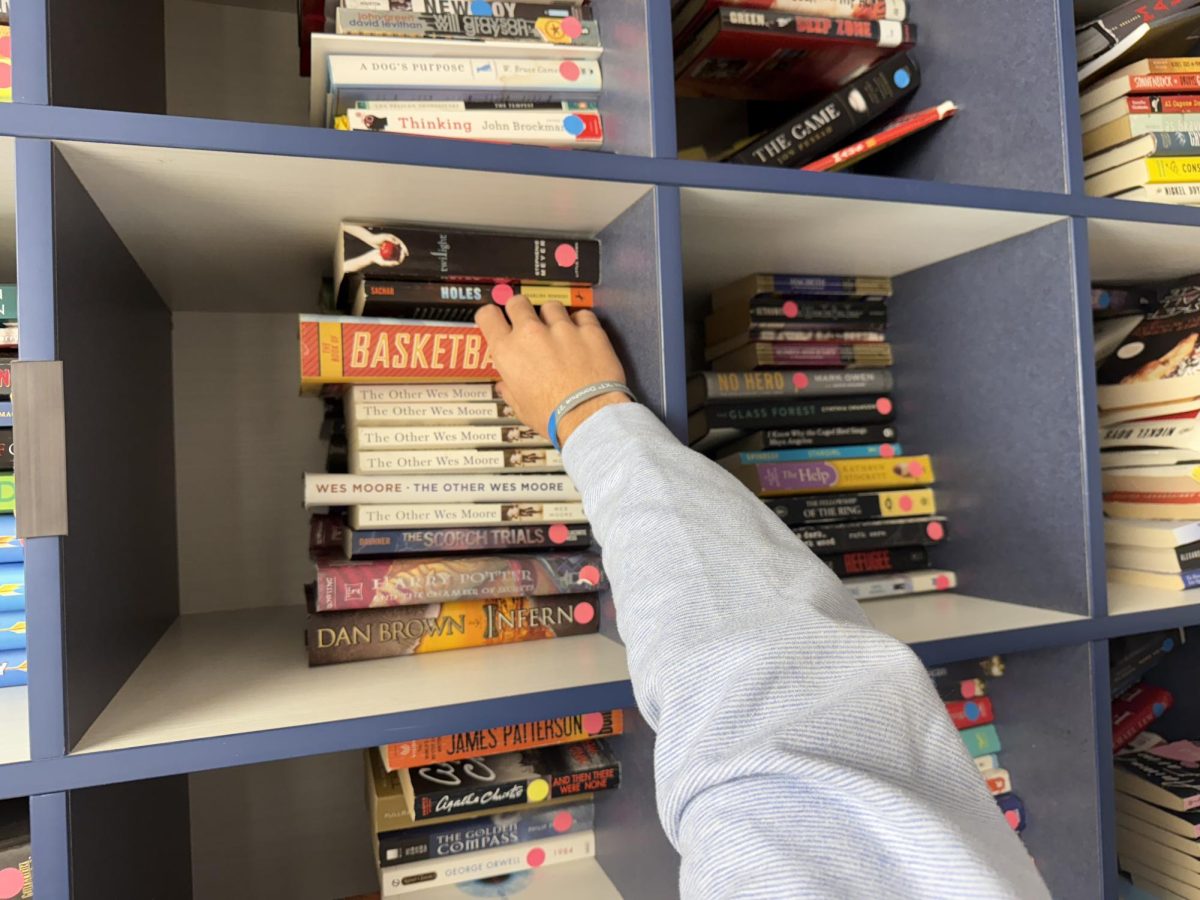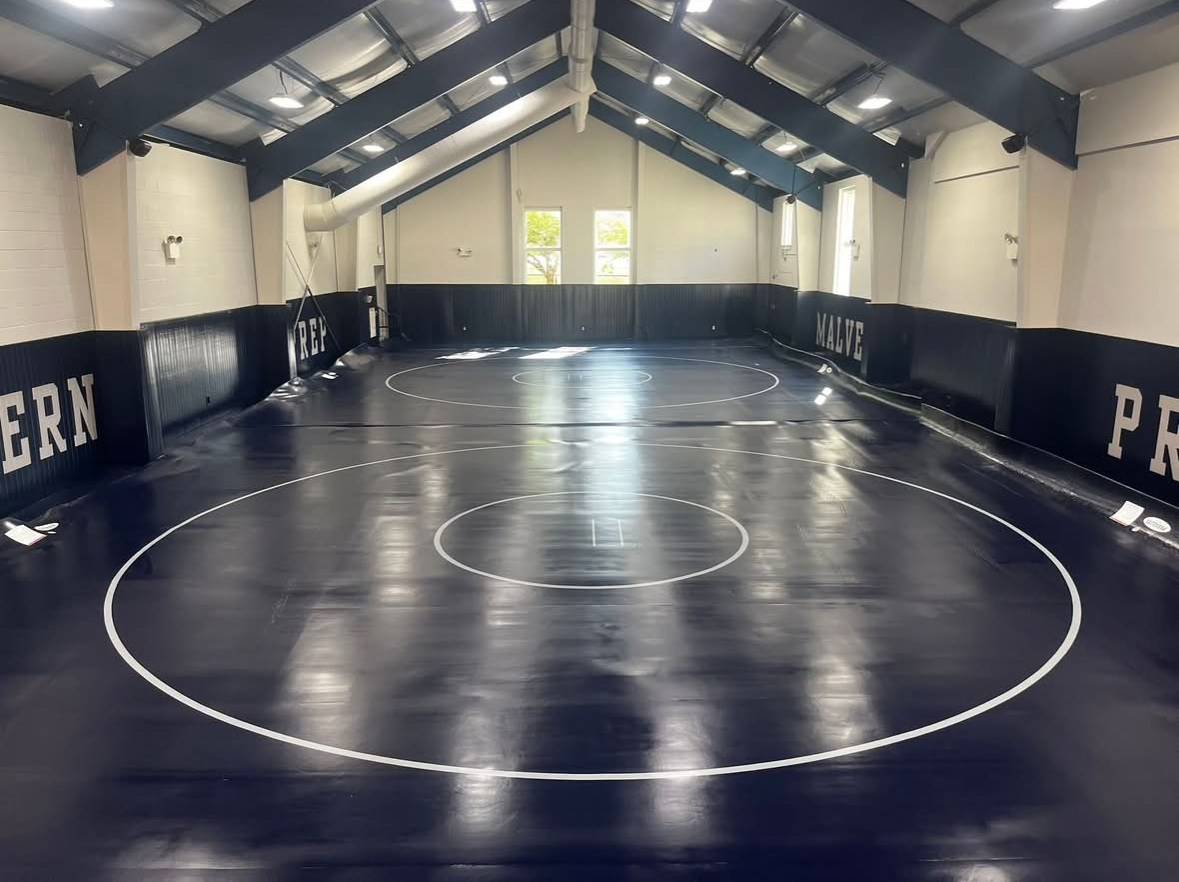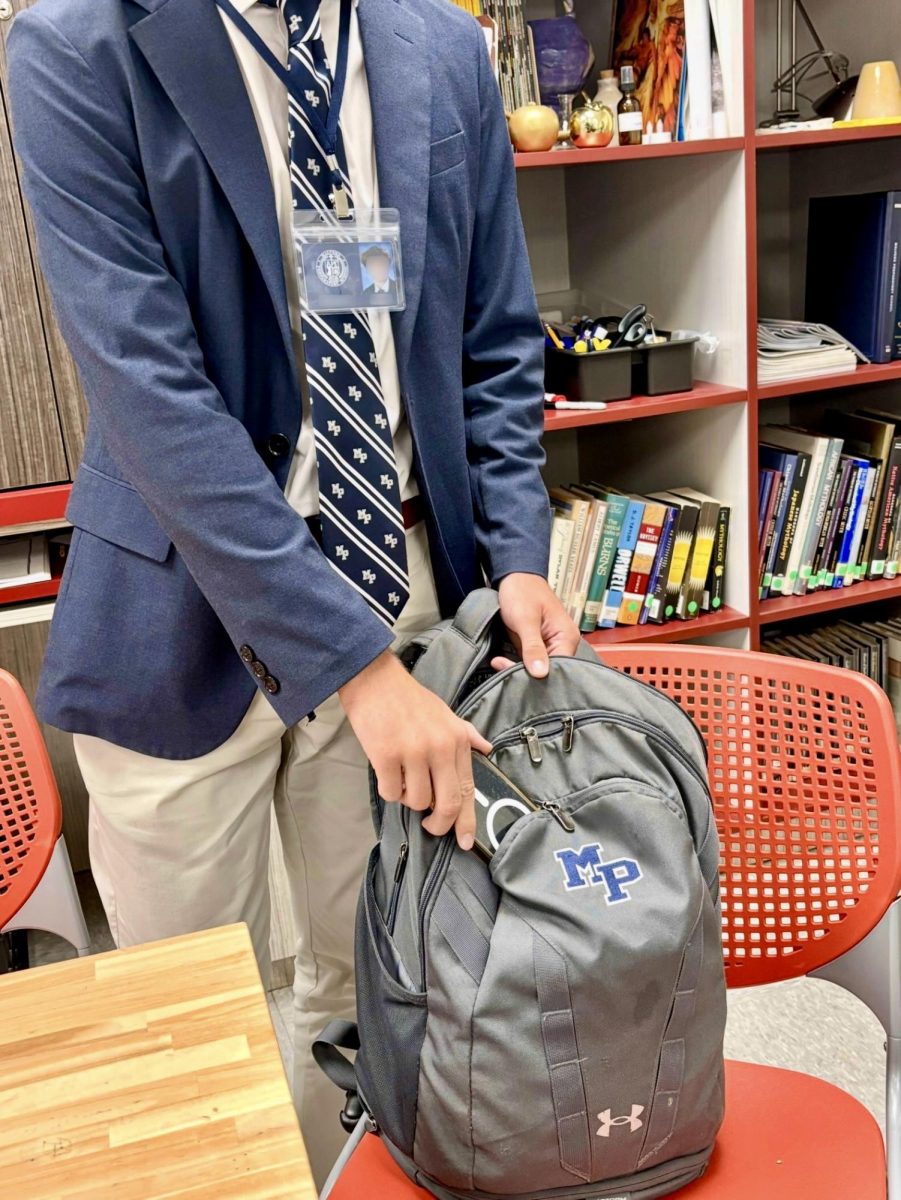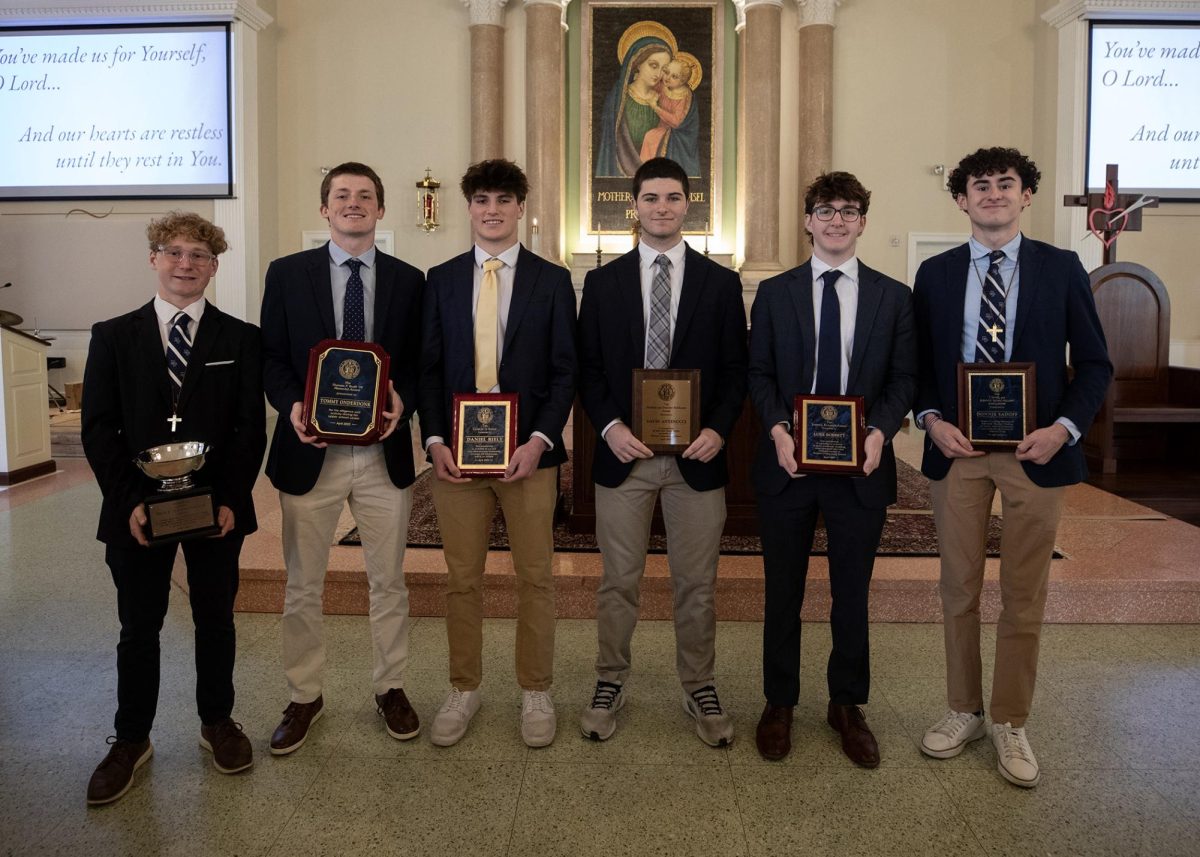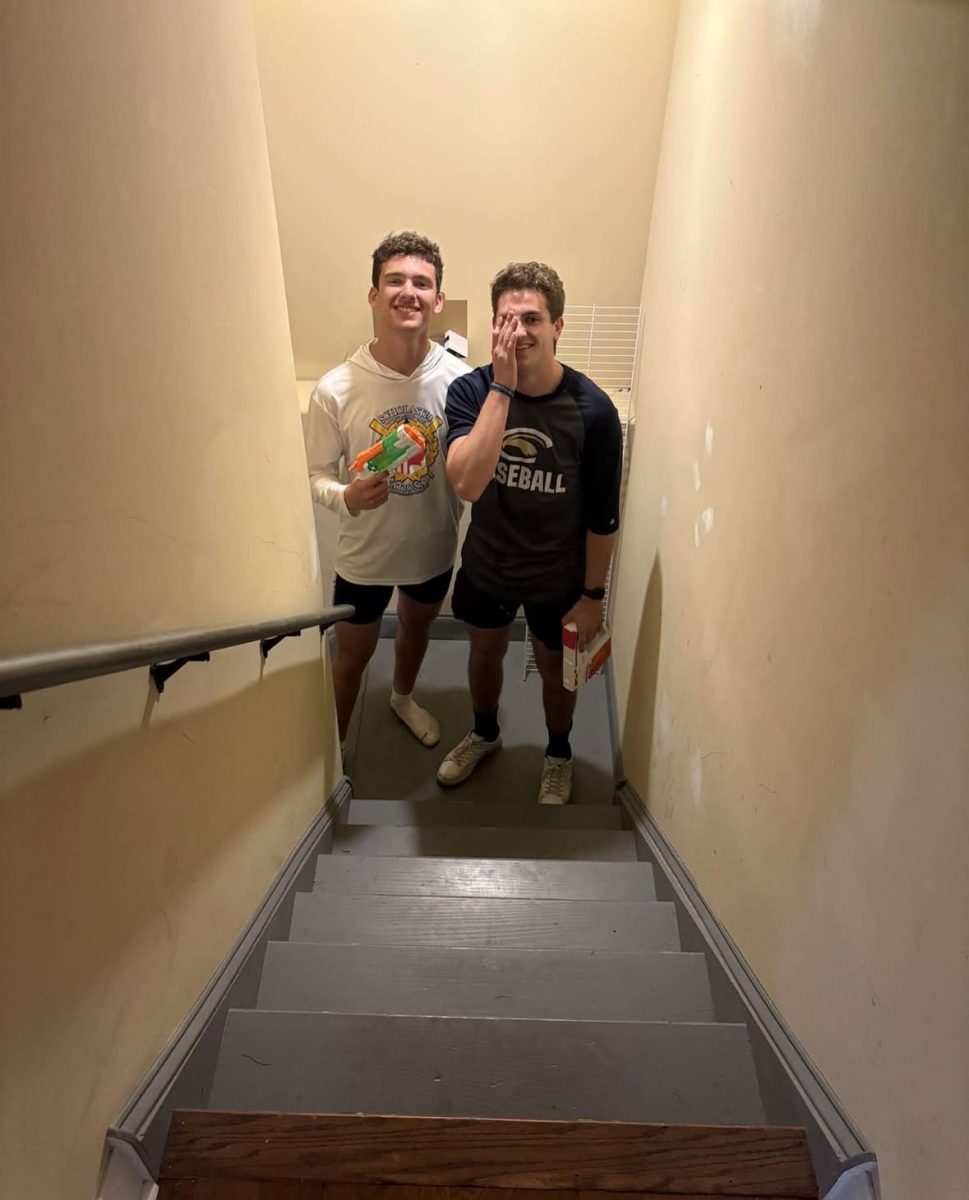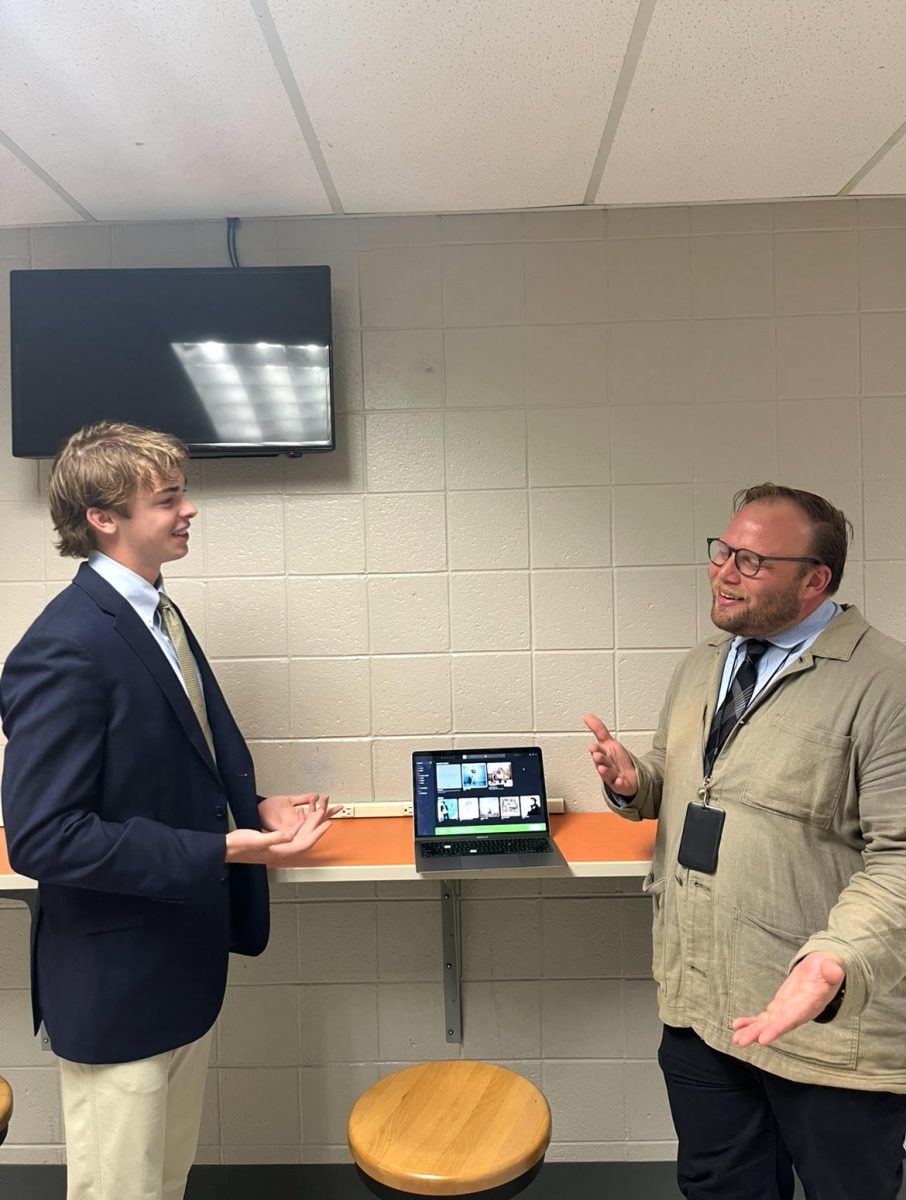Malvern students have taken different paths into the military.
In the spring of his sophomore year, senior Mac Updike committed to play Division I lacrosse. Many Malvern student-athletes go on to compete in college, but Updike’s commitment is greater than others.
Updike will go on to compete for the United States Naval Academy in lacrosse and for America in the Navy after graduation.
“I feel like as a citizen, it’s part of my job to serve. It’s a tough job, but it’s going to be worth it,” he said. “[When I committed] I was thinking about my whole future. Not just college and playing lacrosse but past that. The Naval Academy is such an amazing school and sets you up for life after.”
Director of College Counseling Mr. Ian Harkness said it takes a special type of commitment for a high school student to know that they want to go into military service.
“It’s almost like Early Decision, but on steroids,” Harkness said. “You have to know you’re committing, not only to an institution but also to your country and to serve. So it takes a special student.”
Students must start earlier than a normal college admissions process. According to Harkness, Malvern’s counseling department works with these students before the rest of the class so that they can meet all of the deadlines and added requirements.
Harkness said service academies are typically very strict with deadlines. “It’s one of those things where, if you’re on time, you’re late. If you’re early, you’re on time.”
Students applying to service academies need to get a nomination from the President, Vice President, Unites States Senator, Congressman, or Territorial Delegate. Malvern does not facilitate these contacts but encourages students to reach out to them.
“It’s the student’s responsibility to drive [the nomination] process. We try to work with them to understand that,” Harkness said. “It’s a commitment to more than just a college process. It’s a commitment far and above that.”
But attending service academies is not the only path into the military through college. Students like senior Jack Szipszky hope to get an education and go on to serve their country through participating in the Reserve Officer Training Corps (ROTC) program, which offers a full scholarship to college with a service requirement after graduation.
Szipszky said he finalized his decision to try to enter the military during his service trip to the Dominican Republic. While he and others were working in an irrigation ditch, one of the Dominicans he was working with had a seizure.
“In the environment we were working in, it’s very possible he could have gotten very seriously hurt while having a seizure,” Szipszky said. “If he’s willing to incur serious injury onto himself in order to bring people in his village clean water, then why shouldn’t I be able to do that when I’ve been given so much?”
Szipszky is already a licensed pilot and hopes to fly in the Air Force. He plans to major in Aeronautical Engineering.
“Everything I’ve done in high school so far has been towards that goal [of doing Air Force ROTC]. It’s kind of my primary focus,” he said. “I wouldn’t say I’ve made any specific sacrifices for it, because it’s really what I want to do.”
The ROTC program appeals to Szipszky because it still allows him to have a traditional college experience and become an officer after graduation.
Hunter Peck ’16 has wanted to enter the military since middle school and participates in Boston College’s ROTC program. His goal was to go to the Air Force Academy, but he was not accepted. “So ROTC was the next best thing,” he said.
While ROTC programs do have their own application processes separate from normal college admission processes, Peck said you can join the program in college without applying. “As long as your school has either its own unit or is a crosstown affiliate of a unit, you can basically walk on and try it out first semester to see if you like it,” he said.
Peck compared his status with Boston College’s NROTC program to being like a walk-on athlete. “I’m currently not on scholarship with the program. I’m a member of the battalion here applying for my scholarship, and as long as I’m in good standing with the battalion, I anticipate getting a scholarship,” he said.
Extracurriculars, grades, and leadership all play a role in earning an ROTC scholarship. Peck said Malvern’s extracurricular offering helped him build his resume and gain valuable experience that is useful for his future military career.
The average day for Peck starts earlier than the average college freshmen. He wakes up at 5:30 a.m. to go to take ROTC classes at Boston University four times a week. These classes are designed to help him as an officer but do not count to his college GPA. On top of that, he takes a normal amount of classes at Boston College.
But Peck said it’s all worth it. “It’s important to view the ROTC program like you’re starting your career.”
Assistant Director of Admissions and Diversity Mr. Patrick Williams ’03 also used the military to start his career, but in a different way. Williams came from a military family, but didn’t initially plan to enter the military.
“I never thought about going ROTC. I never even considered the service academies when I was a student here,” he said. “But if I knew, like I had the hindsight to say, ‘Okay Patrick, you’re going to end up in the military for eight years,’ then I would have done ROTC.”
After graduating from Malvern in 2003, Williams started college at St. Joseph’s University where he had earned an academic scholarship and some financial aid.
After his freshman year at St. Joe’s, the school took away part of his scholarship that covered his room and board costs to give to a freshman coming in. After his sophomore year, Williams transferred to Susquehanna University, who had offered him a full scholarship to play basketball after they saw him play in a game for the St. Joe’s Junior Varsity Team.
“[Susquehanna] was a culture shock,” he said. Williams lived in the city all his life and didn’t feel right at Susquehanna.
Wanting to leave Susquehanna, Williams thought about joining the military. But what finally prompted him to join was a late bus in the pouring rain.
Across from the bus stop were he regularly stopped was a military recruiting center. He told himself, “If the bus doesn’t come here in one minute, I’m going to go to the recruiting station.”
The bus didn’t come. So Williams went to the recruiting station and opened the door as the bus arrived.
“I had at least another hour before the next bus was coming,” he said. “At that point, I was committed to at least talking to someone.”
Williams spent the next hour talking to the recruiter and decided he wanted to serve as an active duty linguist in the Air Force. He attended the Defense Language Institute and later finished college online with a degree in Arabic and Administrative Management.
His passion for languages is rooted in his time at Malvern.
Williams wanted to take Spanish at Malvern, but was put into the French class when he was in Eighth Grade. As a freshman, he wanted to move to Spanish, but Malvern didn’t let him drop French. So, he took both. He says this move helped shape his career.
In order to qualify to become a linguist, Williams had to take a two hour test in which he was taught a fake language in order to measure his ability to learn languages.
Williams’ score was high enough to learn the hardest languages, which included Arabic. He credits his experiences at Malvern for helping him do well.
“[Malvern] is weird man, how it finds a way to always be a part of your life even though you don’t realize that it’s happening,” he said.
Like Williams, Aaron Salinas ’16 did not originally think he would enter the military. He decided to visit West Point when he was looking at colleges because he knew nothing about it. With an open mind, he visited and instantly fell in love with it.
“It was like a deja-vu from how I felt from when I was in middle school and went to Malvern,” he said. “I felt a sense of belonging again.”
Salinas said Malvern’s service program helped him to realize how he can help other people. Salinas has believed all his life that whatever he will do, it will be in the service of others. But he had to decide if the military was the right path to do that.
“It’s equally as admirable to say yes as to say no,” he said. “Because if you say yes, you’ve got to be all in.”
Salinas decided he was all in, and eventually earned an offer to compete for West Point’s swim team. Now he learns military tactics, strategies, and combat.
“It’s a demanding lifestyle,” he said. “But there’s a lot of purpose here.”
Salinas said all of his experience will help him become an officer and leader.
“While you’re here, it’s an ideology change,” he said. “You learn how to make the hard choices. You learn how to take responsibility. You learn to have accountability. You learn the value of human life especially. You learn to have a huge appreciation for this country, and you gain the motivation to want to protect it.”
Once he graduates, he will go to a specific military school for a few months that will teach him more specialized skills. Then, he will serve a minimum of five years active duty and three years in the reserves.
Whatever comes in his future, Salinas remembers his past.
“Being a part of Malvern Prep will always be a highlight of my life,” he said.


